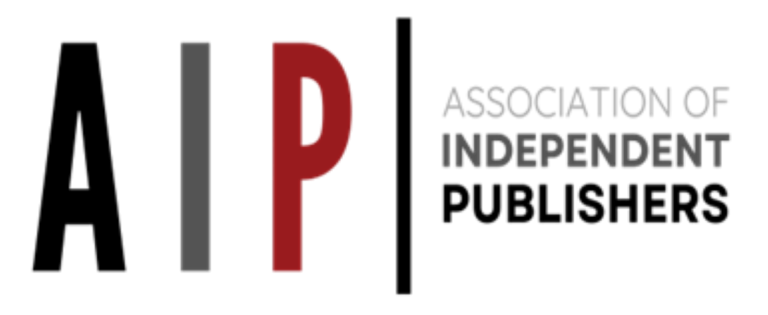
THE ASSOCIATION OF INDEPENDENT PUBLISHERS (AIP) STRONGLY SUPPORTS DAILY MAVERICK’S CALL TO ACTION AROUND JOURNALISM EMERGENCY
The AIP strongly supports Daily Maverick’s shutdown to highlight the emergency in journalism across the globe and in South Africa’s cities, small towns, townships, and rural areas.
However, our members want to take a different stance. Most of our publishers don’t have the resources to close – not for a day, not even for an hour. Our margins are too slim. So as AIP we’re starting a campaign – with our audiences – highlighting the importance of what local media means to our communities, and what we believe will happen if it vanishes.
South Africa’s local media is shrinking. Rapidly.
AIP is an independent community media membership organisation. We represent 147 publishers and 178 publications across the country. (AIP members are independent of mainstream media companies such as Media24 and Caxton.)
Our publications are based mostly in townships, small towns and rural areas. We are a diverse, strong-minded, big-voiced grouping, representing all the 11 official languages in the country – 109 of our publications cover languages other than English.
And we’re fighting for our lives.
In 2016 AIP had 204 publications – now we have 178. The overall print runs were 7.5m monthly – now we have 2.5m. We boasted a monthly readership across the country of 22.6m. Now we have approximately 7.5m readers: a drop of 15.1m – over 8 years.
Covid was devastating for AIP. While mainstream media (e.g. the SABC and News24) had surging audiences online, community media, largely print-based, largely driven by local advertisers whose businesses had to shut their doors, haemorrhaged. It was difficult for poorer township and rural audiences to access online content at home. Also, the majority of our publications stopped printing. Approximately 40% of our publications closed for the duration of Covid.
Post-Covid there were green shoots.
Publications started printing again: but fewer copies and less frequently. Publishers printed not weekly now but monthly – and not 10 000 to 20 000 copies a week but 5000 copies per month.
One of the problems was that the price of printing kept surging.
Publishers were encouraged to go online – but there were no silver bullets. The majority of online advertising was absorbed by the big tech platforms (Google and Facebook). If it was difficult to make money in the mainstream media, it was even more difficult for local media. Online audiences are small at community level – but to make money online you need huge audiences (with millions of users). But further, even with large audiences it is difficult to earn revenue in African languages as they are simply not recognised by the big tech platforms.
What does this mean for local democracy?
As Daily Maverick points out, the shrinking of local voices means less local government accountability. It means more corruption and mismanagement at the municipal level in big cities, in small towns and rural areas. It means less delivery of services and more crime. And as local infrastructure collapses, it makes it more difficult for local businesses to operate.
Way forward
Alongside the calls for action outlined by Daily Maverick (calling for corporate support, government subsidies and tax breaks) AIP also calls for:
- More corporate and small business advertising support for local journalism.
- The strengthening of the Media Development and Diversity Agency to play a more proactive role in the community media sector and for all community sectors – print, online and broadcast – not just broadcast.
- For National Treasury GCIS, provincial and local government structures to ensure government advertising is placed in local publications and to be transparent about what is spent and on which media.
- For research to be done as regards all the advertising intermediaries that exist at community level to look at which ones assist the industry, and which don’t.
- Finally, to ensure greater Seta support for local journalism training.
And all is not lost. The 147 publishers in AIP represent some of the most resilient media professionals in South Africa, with the closest understanding of the news interests and information needs in communities, most representative of South African citizenry. And AIP is committed to the fight to keep community news alive in South Africa.